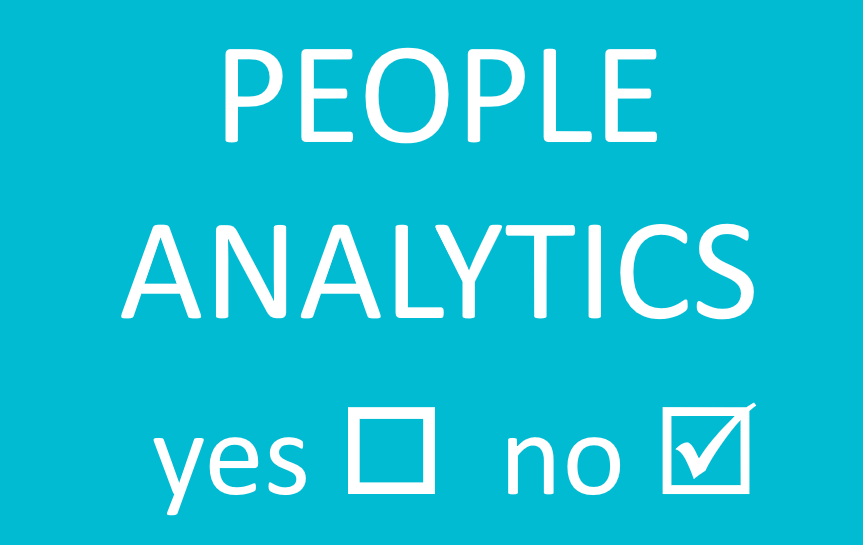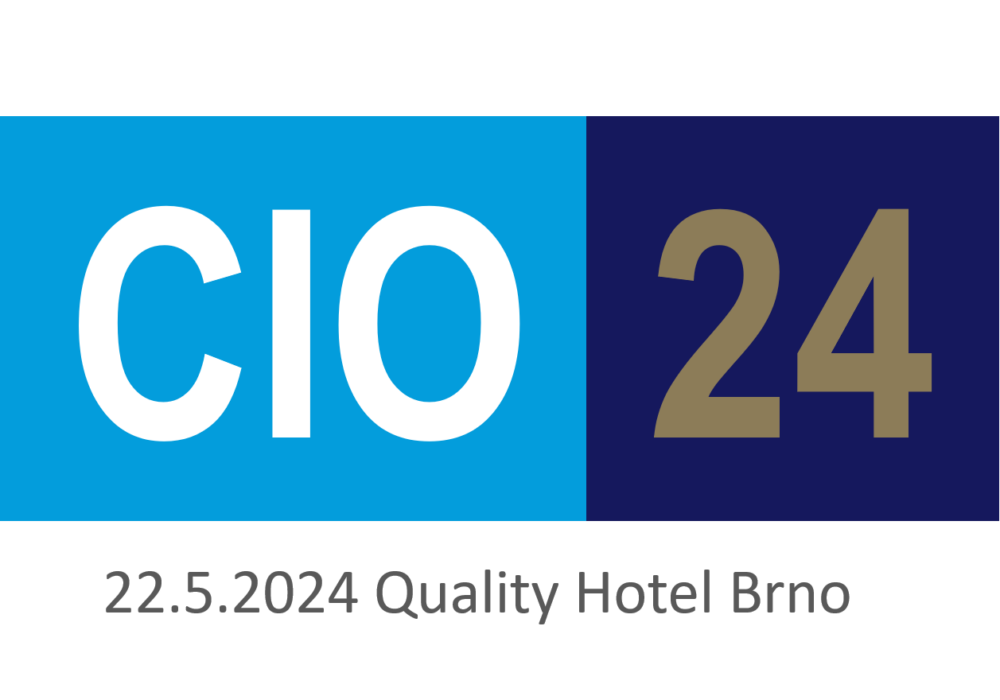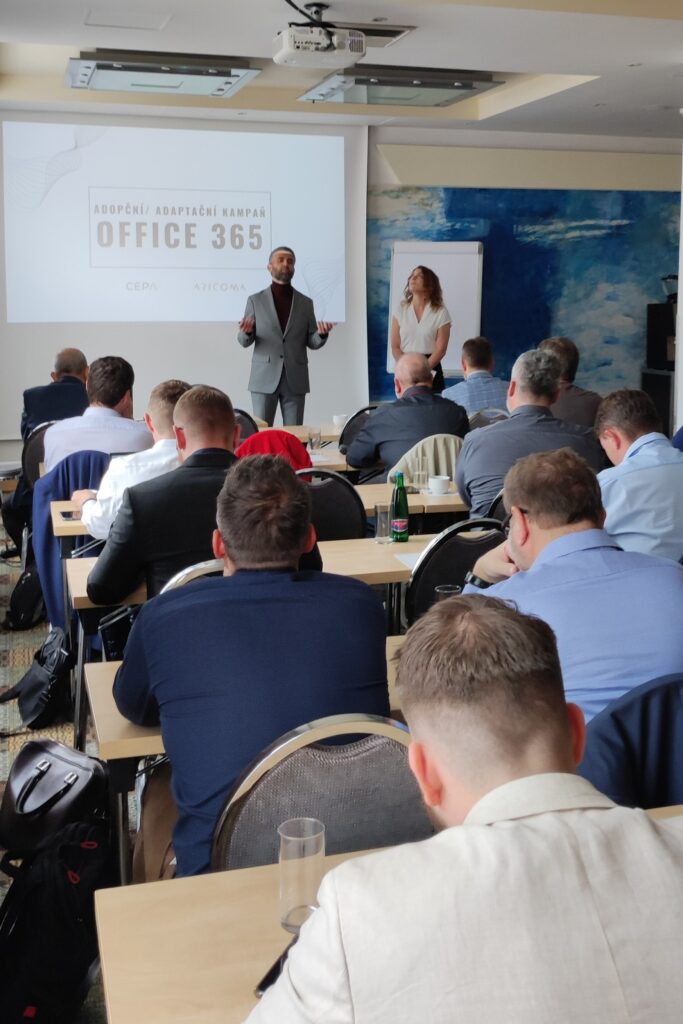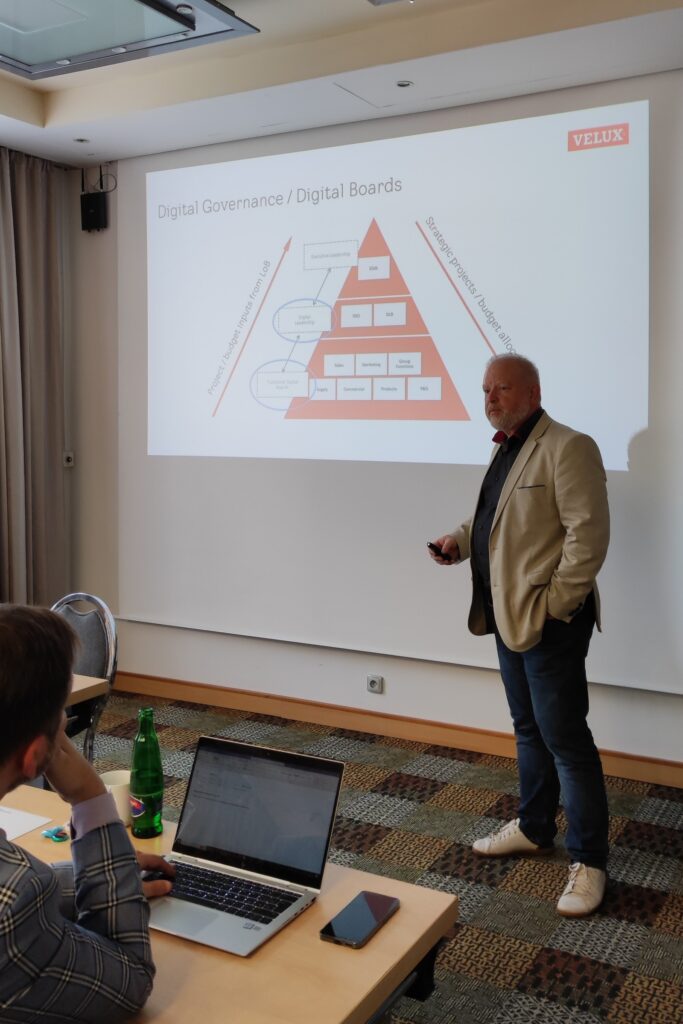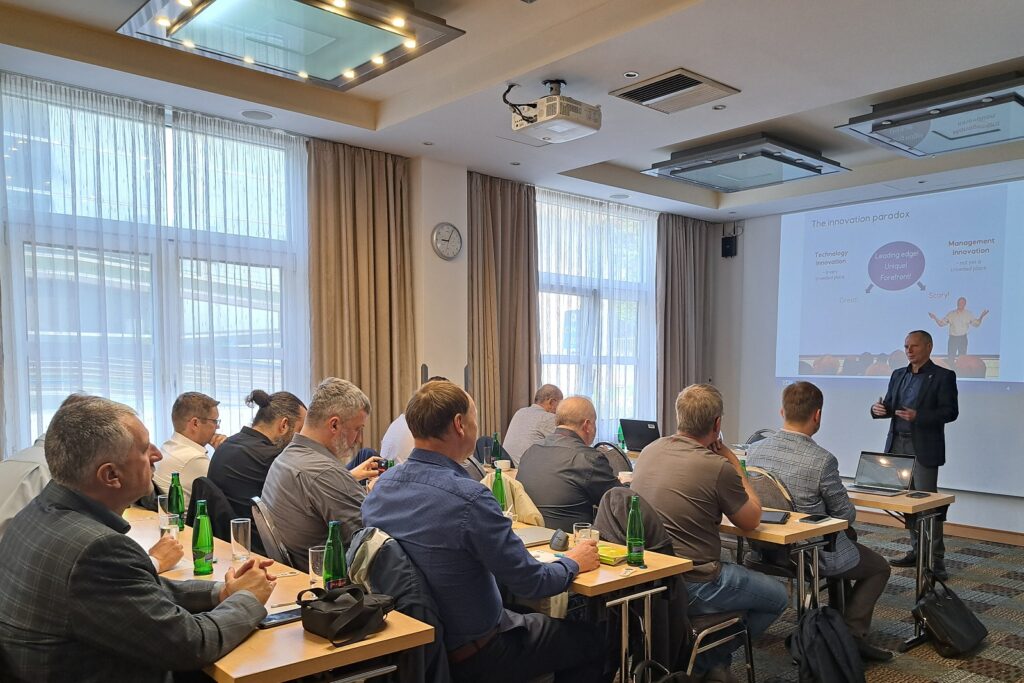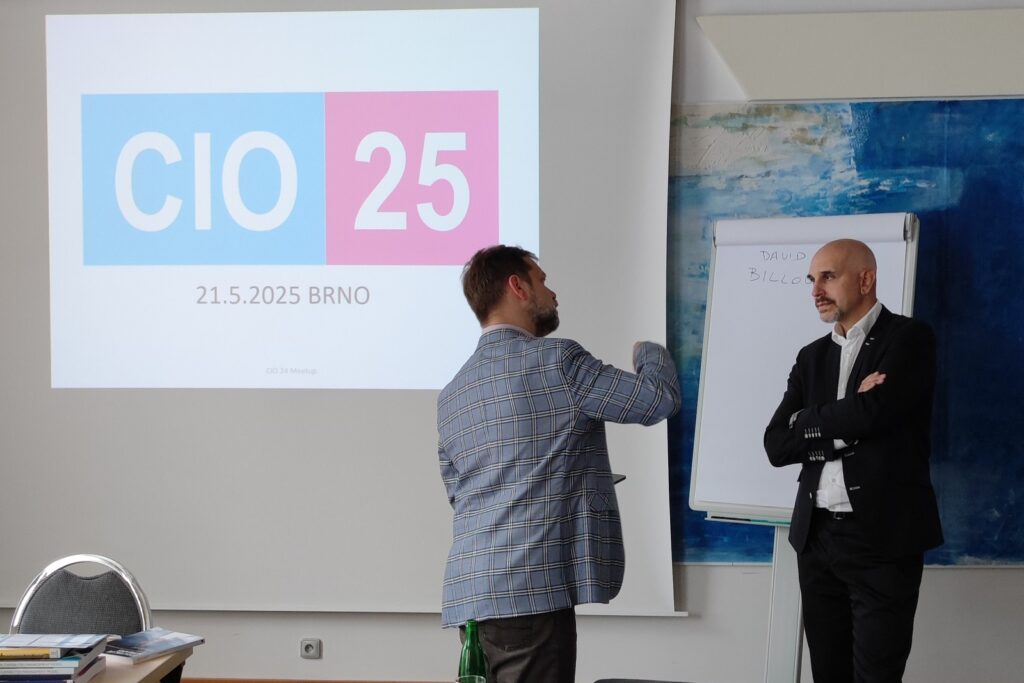- Colleagues Prefer to Be Treated as Customers
Collaboration is often mistaken for a service relationship. Unlike transactions, collaboration is non-transactional and requires a fundamentally different approach. - Demand Is Endless
The belief that working faster and more efficiently will meet endless demand overlooks what truly matters: delivering meaningful outcomes. Quality and relevance outweigh speed and volume. - Innovation Is the Customer’s Responsibility
Assuming that innovation stems solely from customer requirements is flawed. Innovation is a team effort, driven by creativity, willingness to dismantle outdated solutions, and embracing the risk of failure. - Feedback Is a Reliable Control Loop
The idea that stakeholders provide instant, accurate feedback for swift adaptation is unrealistic. Reliable, fast feedback is rare outside of routine tasks with predefined outputs. - Quantitative Metrics Matter Most
Metrics like time, volume, and productivity dominate management practices, often sidelining critical aspects of knowledge work where outcomes and quality are paramount. - You Can’t Manage What You Don’t Measure
Over-reliance on measurement leads to focusing on what’s easiest to quantify, often at the expense of qualitative, long-term priorities. - Work Is a Routine Input-Output Process
Optimizing work as if it’s a mechanical process often prioritizes quantity over meaningfulness—e.g., generating outputs no one will use, such as redundant AI content. - Management Is About Command and Control
KPIs often reflect outdated command-and-control mindsets. In reality, success depends on collaboration and innovation, making many KPIs misleading or counterproductive. - Knowledge Work Doesn’t Exist
Traditional methods ignore activities like communication, analysis, and decision-making. These are resource-intensive and central to modern work but are often invisible in process-driven management. - Quality Means Meeting Requirements
Traditional definitions, such as ISO 9000, equate quality with meeting customer requirements. However, a more modern approach views quality as a level of excellence—assessed not by compliance, but by evaluating the overall performance and capability of the system. This perspective is better suited for managing complexity. - Customer Experience Is the Core of Management
This applies only to transactional relationships. Most workplace relationships are non-transactional, and treating colleagues as customers creates unnecessary divisions. - IT Should Act as a Service Provider
Positioning IT as a subordinate service layer is outdated. Today, IT plays a strategic role, driving innovation and enabling new business models. Rather than functioning as a service department, IT is a core capability. Dismantling the service layer and SLAs can foster collective ownership, placing organizational capabilities at the center of joint efforts.
Transforming IT management begins with critically evaluating whether the assumptions of the past still hold true. In most cases, they do not. This is why IT management is overdue for a significant leap forward—one shaped by the realities of the knowledge era. The DCMM (Digital Capabilities Management Model) aspires to be a key contributor to these innovation explorations, redefining how IT aligns with modern organizational needs.



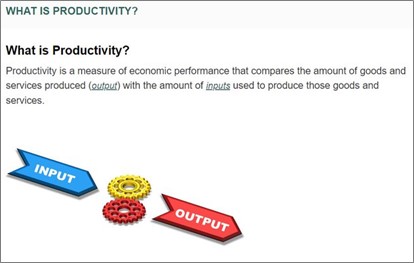 „
„
